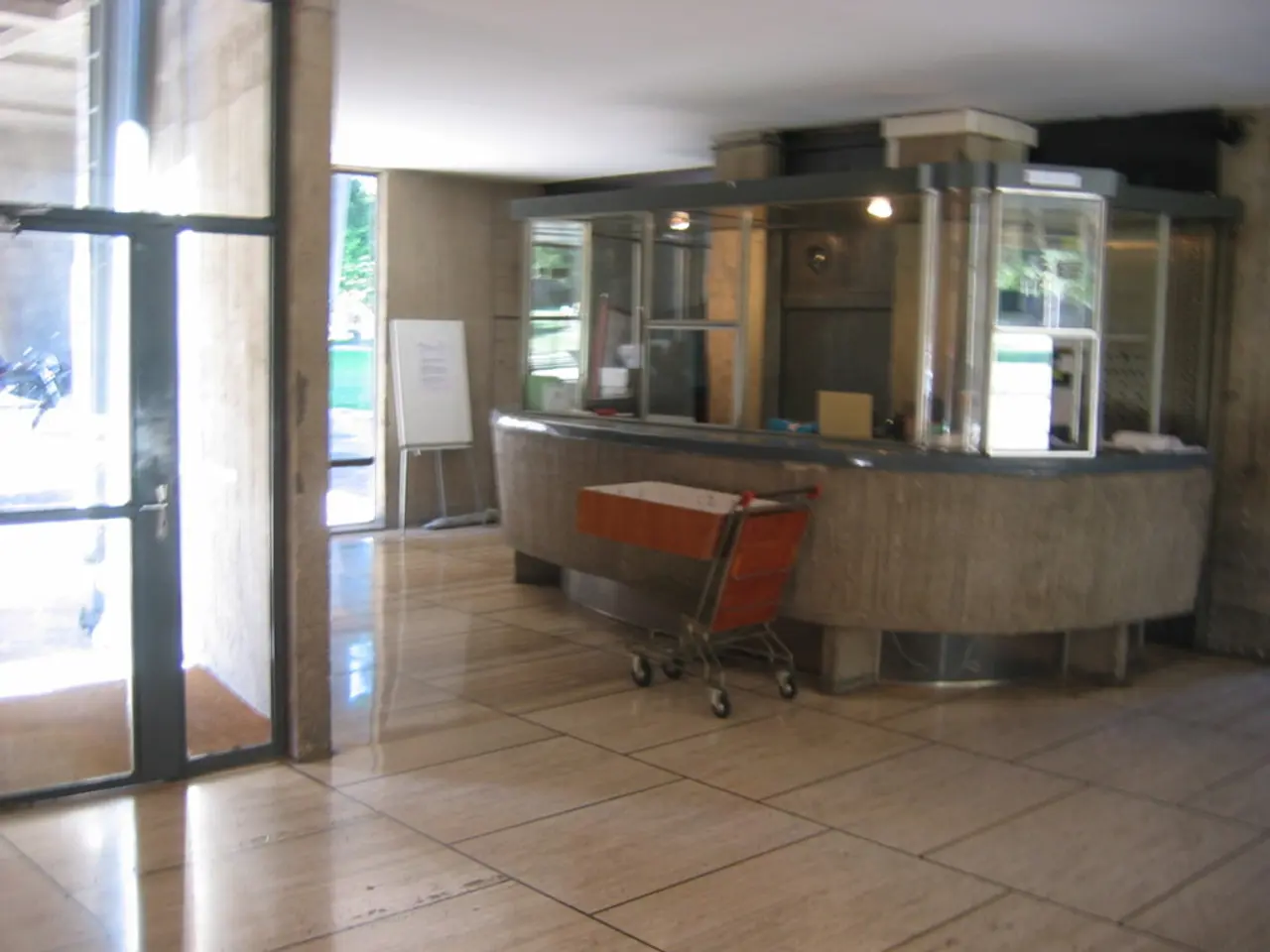Future of Commercial Real Estate in 2025: Office Spaces at a Crossroads – Revival or Demise?
In the ever-evolving world of work, the office landscape is undergoing a significant transformation. Gone are the days of the conventional office space, as businesses adapt to a new era, prioritising flexibility, well-being, and sustainability.
The demand for traditional office space has declined, with office vacancy rates in major UK cities increasing by nearly 15% since 2019. However, this is not a sign of the office's demise but rather a reflection of the shift towards hybrid work. Employees now need a reason to come to the office, as it competes with the comfort and convenience of working from home.
In response, the office in 2025 is not extinct but is adapting to become a more adaptable space that caters to the needs of both employees and businesses. Offices are evolving into hubs for collaboration, culture, and connection, while also prioritising sustainability and Environmental, Social, and Governance (ESG) concerns.
Flexibility is key in the 2025 office market, with the growth of co-working spaces and flexible leases. Real estate companies have adapted by offering shorter-term contracts, shared amenities, and customizable environments. This flexibility not only cuts costs but also enables companies to test new locations or work styles without long-term commitments.
The office in 2025 is no longer optional, with the focus shifting towards creating a more efficient, sustainable, and employee-friendly environment. In-person collaboration leads to faster decision-making and stronger team bonds, leading many companies to use office days strategically.
Modern offices integrate sensory design elements inspired by neuroaesthetics, such as soft textures, warm lighting, quiet zones, and fractal patterns that reduce stress and enhance creativity. This human-centred approach emphasises mental health and emotional well-being.
Offices are evolving into 'destination offices', designed to attract employees by providing experiences and environments that support collaboration and well-being rather than just a place to work. This is reflected in design shifts prioritising emotional wellness, adaptability, and immersive experiences.
Environmental, social, and governance (ESG) criteria are becoming integral to office design and leasing decisions. There is a sharper focus on customisation and sustainability, with offices incorporating eco-friendly materials, energy-efficient systems, and healthy indoor environments. Conversion and demolition of outdated spaces are on the rise to address environmental concerns and repurpose real estate more sustainably.
In 2025, smart offices are standard, utilising sensors, analytics platforms, and AI-driven systems for energy management, occupancy tracking, and optimised cleaning schedules. Tech and AI companies continue to lease high-spec, modern office spaces that reflect their culture and support hybrid collaboration. Advanced digital infrastructure supports seamless remote and in-office work transitions, helping create engaging and productive hybrid environments.
In conclusion, the office space sector in 2025 is characterised by a nuanced mix of decline in traditional usage, transformation into flexible and well-being-centered destination offices, selective growth driven by tech and life sciences, and an increasing emphasis on sustainability and ESG principles. Sustainability is a top priority in commercial real estate, with green certifications, energy-efficient systems, and carbon reporting becoming the norm.
- Despite the decline in traditional office space, this shift is not indicative of the office's demise, but rather a transition towards a more flexible and sustainable environment, prioritizing employee well-being and enhancing collaboration.
- The office in 2025 is transforming into a 'destination office', offering experiences and environments that cater to mental health, emotional well-being, and provide immersive experiences, while incorporating eco-friendly materials, energy-efficient systems, and healthy indoor environments.
- In the 2025 office landscape, smart offices are prevalent, utilizing sensors, analytics platforms, and AI-driven systems to optimize energy management, occupancy tracking, and cleaning schedules, contributing to the increasing emphasis on sustainability and environmental concerns within commercial real estate.




